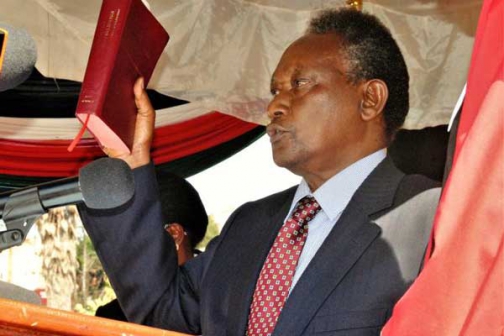×
The Standard e-Paper
Smart Minds Choose Us

The Kenya Law Review Commission (KLRC) had flagged legal inconsistencies that would arise in the event a governor’s office fell vacant, but the legislative proposals were not followed through.